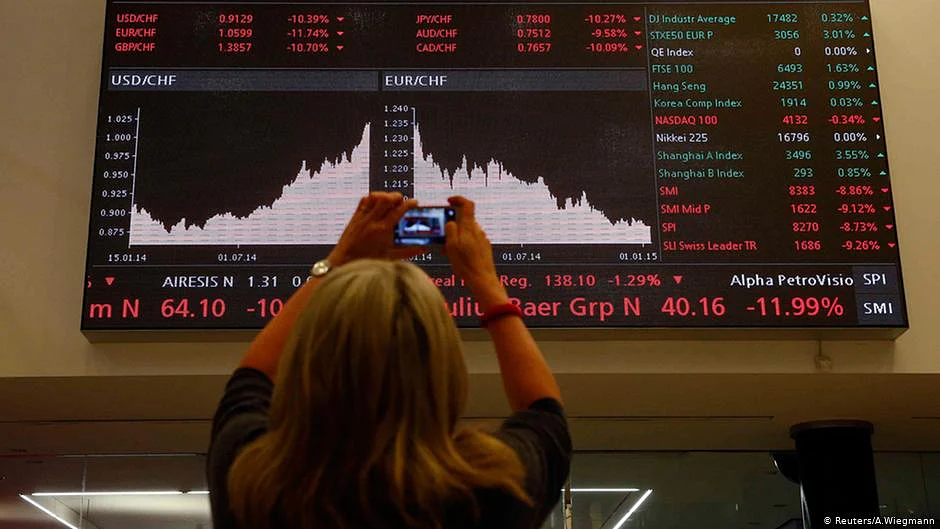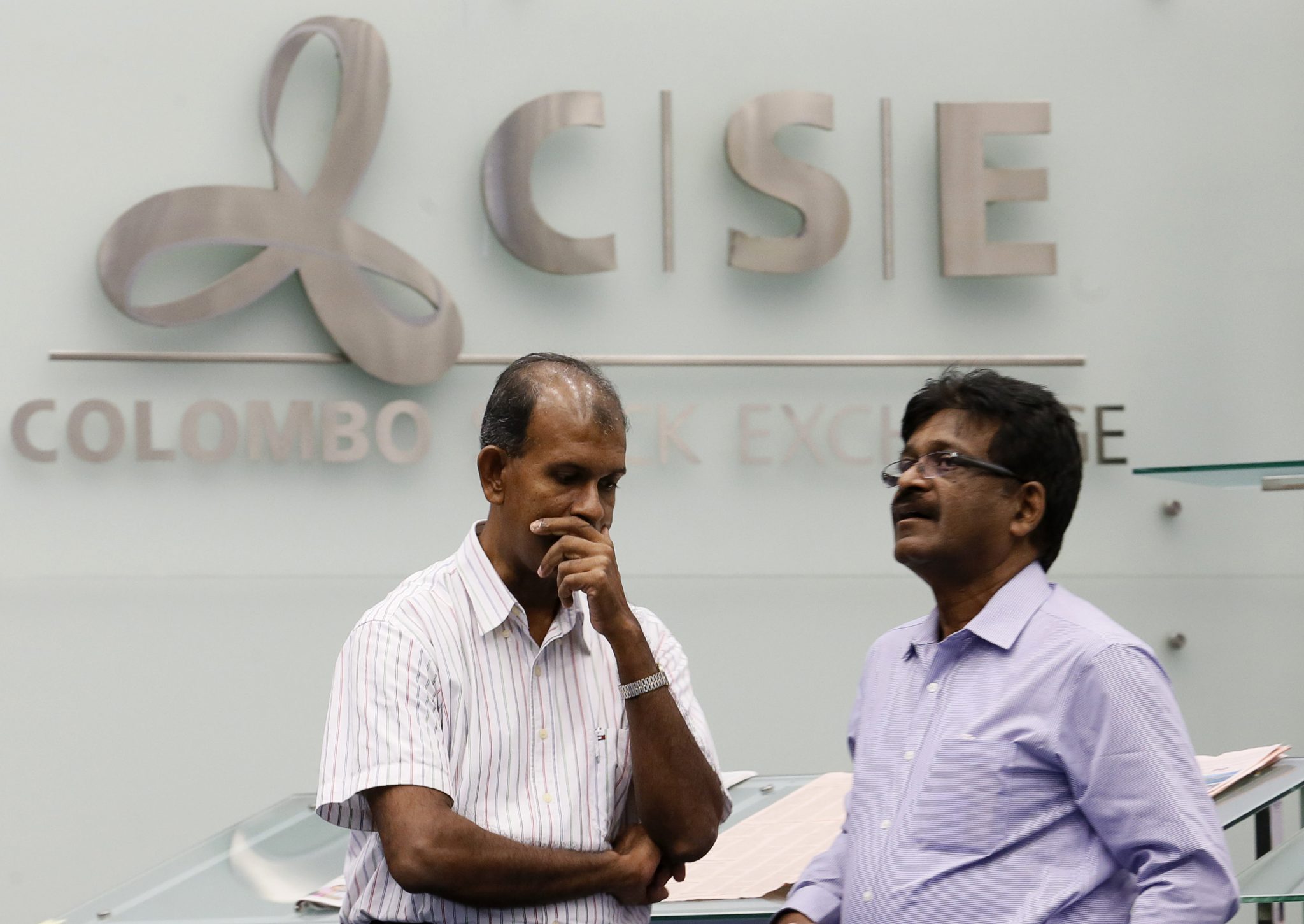The Colombo Stock Exchange will be closed for a week starting Monday to provide investors “greater clarity and knowledge” of the present economic realities in crisis-hit Sri Lanka, allowing them to “make educated investment decisions,” according to a statement released on Saturday.

The Securities and Exchange Commission of Sri Lanka (SEC) announced in a press release that “the stock market would be temporarily closed for a period of five business days beginning April 18, 2022.”
Sri Lanka is in the midst of its biggest economic crisis since its 1948 independence from the United Kingdom. The island nation’s political instability was prompted by the economic crisis, with protesters staging widespread street protests for weeks over prolonged power outages and shortages of petrol, food, and other daily necessities, calling for President Gotabaya Rajapaksa’s departure.
The Board of Directors of the Colombo Stock Exchange (CSE) requested that the SEC temporarily suspend the stock market in a message issued on Friday, citing the current circumstances in the nation, according to the statement.
Many other securities market stakeholders, including the Colombo Stock Brokers Association, have also requested the market’s temporary shutdown on the same reasons.
According to the SEC, it carefully reviewed their arguments and assessed the impact the current situation in the nation may have on the stock market, particularly the capacity to operate an orderly and fair market for securities trading.
“The SEC believes that it would be in the best interests of investors and other market participants if they were given the chance to have a better knowledge of the current economic conditions in order to make educated investment decisions,” according to the announcement.
As a result, the SEC decided to instruct the CSE to temporarily halt the stock exchange for a period of five working days beginning April 18, in accordance with the relevant rules, it added.
Sri Lanka is on the verge of default, with depleting foreign reserves and a USD 25 billion foreign debt needing to be repaid over the next five years. Only this year, about USD 7 billion is due.
The government stated on Tuesday that it will halt repayments of foreign debt, including bonds and government-to-government borrowing, until the International Monetary Fund completes a loan restructuring scheme (IMF).
President Rajapaksa has defended his government’s actions, claiming that the foreign exchange problem was not his fault and that the economic slowdown was mostly caused by a decline in tourism earnings and a drop in inbound remittances.











